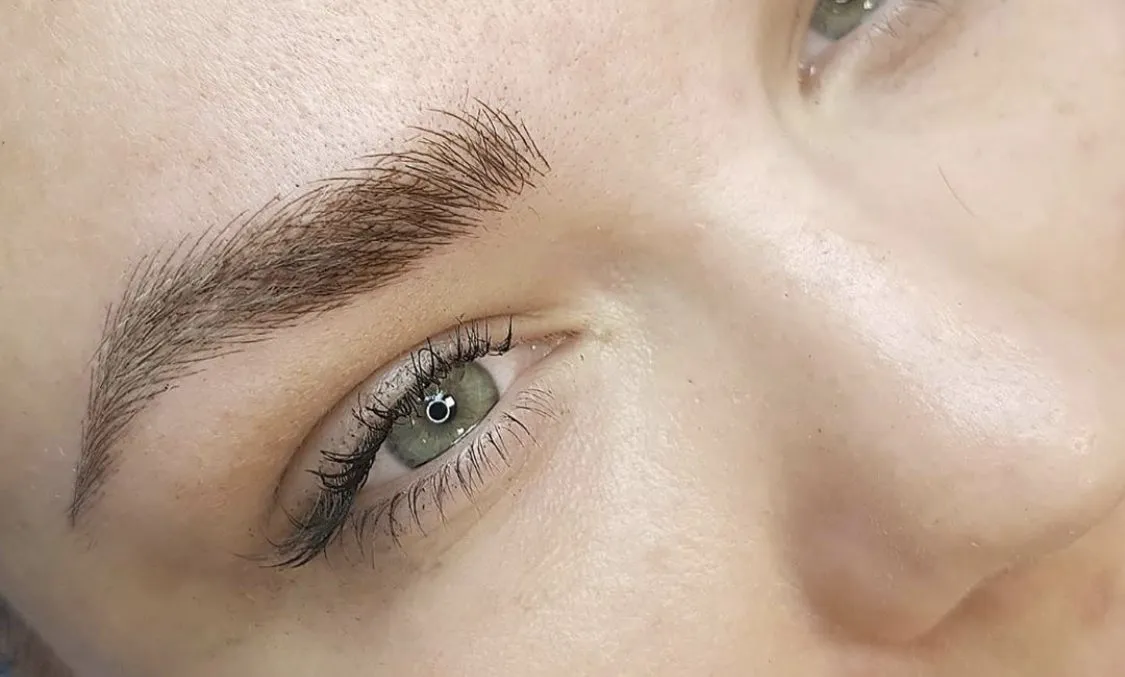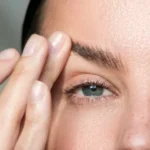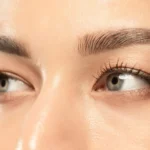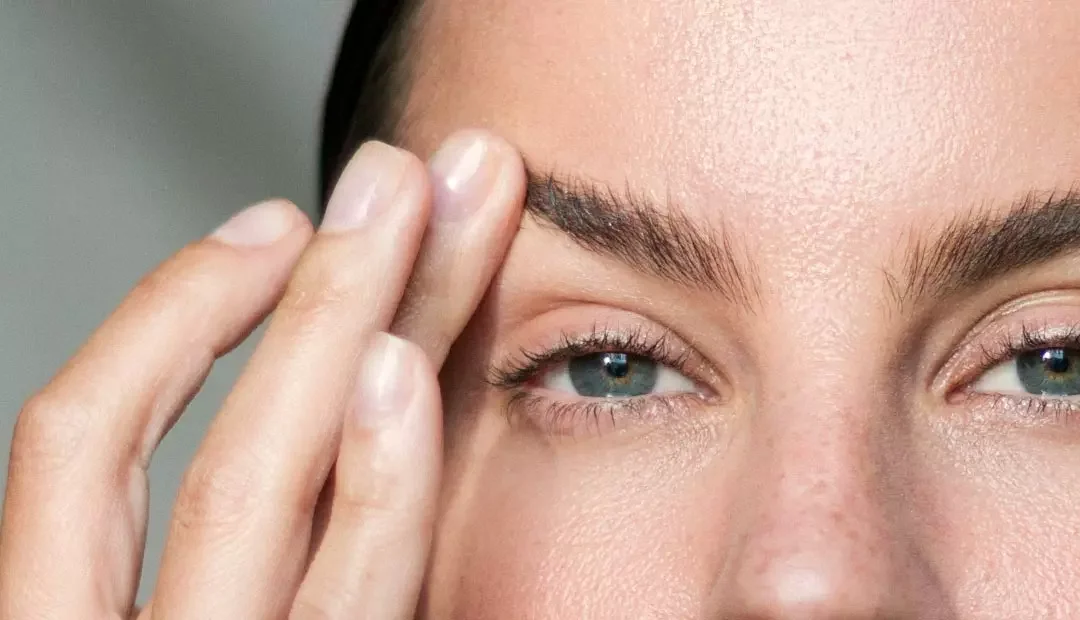Table of Contents
ToggleLosartan is a widely used blood pressure medication. This guide will address whether Losartan causes hair thinning or loss, its intended effects on the body, and what you can do if you notice side effects.
Understanding Losartan and Its Side Effects
What Is Losartan Used For?
Losartan is part of a class of drugs called angiotensin II receptor blockers (ARBs). It is prescribed to:
- Treat high blood pressure (hypertension).
- Reduce the risk of stroke in patients with cardiovascular conditions.
- Protect the kidneys in people with diabetic nephropathy.
By blocking angiotensin II, a hormone that narrows blood vessels, Losartan helps relax them, improving blood flow and reducing strain on the heart. It plays a critical role in preventing conditions like heart failure and heart attack.
Certain medications can disrupt hair growth cycles and trigger temporary shedding. We’ve also discussed similar effects in our guide on birth control pills and hair loss.
Common Side Effects of Losartan
Like all medications, Losartan has potential side effects. These include:
- Dizziness or lightheadedness: Often linked to blood pressure changes.
- Fatigue: As the body adjusts to the medication.
- Digestive issues: Such as nausea or diarrhea.
Although losartan hair loss is not a commonly listed side effect, some patients report experiencing it. If you suspect Losartan is causing hair thinning, consult your doctor or pharmacist to discuss treatment options or alternatives.
How Does Losartan Work?
Losartan blocks the effects of angiotensin II, a hormone that tightens blood vessels and increases blood pressure. By relaxing these vessels, the medication lowers blood pressure, reducing the risk of complications like a stroke or kidney disease.
Losartan and Hair Loss
Does Losartan Cause Hair Loss or Thinning?
While not officially documented as a side effect, some individuals report hair thinning or loss while on Losartan. Possible explanations include:
- Individual Sensitivities: The way Losartan interacts with specific body systems.
- Underlying Conditions: Stress, hormonal changes, or nutritional deficiencies unrelated to the medication.
- Drug Interactions: Concurrent use of medications like beta blockers or other ARBs.
Is Hair Loss from Losartan Reversible?
Most drug-induced hair loss, including that potentially associated with Losartan, is temporary and reversible. The key lies in identifying the cause early and taking proactive measures. Hair growth typically resumes once the body adjusts to the medication or after switching to an alternative treatment. To address and reverse hair loss, consider the following steps:
Speak with Your Doctor:
Your healthcare provider may adjust your Losartan dosage to minimize potential side effects, including hair thinning.
If necessary, they might recommend switching to another ARB or a calcium channel blocker, which is generally less likely to affect hair health. It’s essential to follow their advice rather than stop the medication abruptly, as this could increase the risk of heart attack, stroke, or kidney disease.
Improve Hair Health:
A nutrient-rich diet can significantly impact hair regrowth. Incorporate foods high in:
- Biotin: Found in eggs, nuts, and leafy greens, biotin supports keratin production.
- Iron: Meat, spinach, and lentils are excellent sources that help deliver oxygen to hair follicles.
- Protein: Fish, chicken, and legumes provide essential building blocks for hair growth.
Consider supplements if your diet lacks these nutrients, but consult your doctor before starting any new regimen.
Explore Restoration Options:
- Topical Treatments: Products like minoxidil can stimulate hair regrowth and strengthen thinning hair.
- Scalp Therapies: Professional treatments, such as Platelet-Rich Plasma (PRP) therapy, encourage hair follicle recovery and regrowth.
- Hair Transplants: For persistent hair loss, advanced techniques like Follicular Unit Extraction (FUE) offer long-lasting results.
By addressing potential triggers and prioritizing hair health, many individuals experience noticeable improvements within months.
Medications and Hair Loss
Which Drugs Cause Hair Loss?
Several medications can contribute to hair loss, especially those prescribed for cardiovascular and other chronic conditions. This occurs due to disruptions in the hair growth cycle, typically caused by the medication’s effect on hormones or nutrient absorption. Common culprits include:
- Beta Blockers: These medications, often prescribed for heart failure and high blood pressure, can slow hair follicle activity, leading to thinning over time.
- Calcium Channel Blockers: Used to relax blood vessels and lower blood pressure, these drugs are a less likely cause of hair thinning compared to other cardiovascular treatments.
- ACE Inhibitors: Drugs like Lisinopril, which are commonly used to treat high blood pressure, have been reported to contribute to hair shedding in some patients.
- Chemotherapy Drugs: Known for causing severe hair loss due to their impact on rapidly dividing cells, including hair follicles.
- Antidepressants: Selective serotonin reuptake inhibitors (SSRIs) are sometimes associated with telogen effluvium, a condition where hair shifts prematurely into the shedding phase.
If you’re experiencing hair loss while taking any of these medications, consult your doctor to explore alternatives or supportive measures.
Cozaar vs. Losartan for Hair Health
Cozaar is the brand name for Losartan, and both contain the same active ingredient. Consequently, their effects on hair health are identical. However, individual sensitivities to inactive ingredients, such as fillers or dyes, could lead to different experiences.
If you suspect Cozaar or Losartan is affecting your hair, here’s what you can do:
- Discuss Alternatives: Your doctor may recommend switching to another ARB or a drug from a different class, like a calcium channel blocker or beta blocker, depending on your overall health.
- Monitor Symptoms: Keep track of hair changes when switching medications to determine whether the new treatment has a positive impact.
- Support Hair Health: Regardless of the medication, maintain a diet and hair care routine that promotes regrowth.
While both Cozaar and Losartan are effective at treating high blood pressure, individual responses may vary, making it crucial to find a treatment that suits your health needs without unwanted side effects.
Patterns in Drug-Induced Hair Loss
Drug-induced hair loss often falls into two categories:
- Telogen Effluvium: Temporary shedding due to stress on the hair cycle.
- Anagen Effluvium: More rapid and severe hair loss, often caused by chemotherapy or similar treatments.
Understanding these patterns can help identify whether hair loss is linked to medication.
Feel free to check to see where you fall on the Norwood Scale.
Managing Hair Loss from Losartan
What to Do If You Notice Hair Loss
- Consult Your Healthcare Provider: They may recommend an alternative, such as an ACE inhibitor or calcium channel blocker.
- Rule Out Other Causes: Consider diet, stress, or underlying conditions.
- Use Gentle Hair Products: Avoid harsh chemicals or heat styling to minimize damage.
Alternatives to Losartan for Hair Health
If Losartan is suspected of causing hair loss, your doctor might suggest other medications like:
- ACE Inhibitors: Often effective but can also have side effects.
- Calcium Channel Blockers: May be a safer option for those concerned about hair health.
Lifestyle Tips for Maintaining Hair During Treatment
- Nutritional Support: Include foods rich in protein, iron, and vitamins to strengthen hair.
- Stress Reduction: Engage in yoga, meditation, or other relaxation techniques.
- Avoid Harsh Treatments: Stick to mild shampoos and avoid frequent dyeing or heat styling. Find out which are the hair products you should avoid.
How Kopelman Hair Can Help You
Advanced Hair Restoration Treatments
At Kopelman Hair, we specialize in cutting-edge solutions like Follicular Unit Extraction (FUE) and Platelet-Rich Plasma (PRP) therapy. These minimally invasive treatments provide natural results for those experiencing hair loss.
Why Choose Kopelman Hair?
Our clinic combines:
- Expertise in Hair Restoration: This father-son team has more than 35 years of experience in hair restoration.
- Personalized Care: Tailored solutions for each patient’s unique needs.
- State-of-the-Art Technology: Ensuring the most advanced, effective treatments available.
Personalized Plans to Regain Confidence
We understand the impact of hair loss on self-esteem. Our team works with you to develop a personalized plan, helping you restore not only your hair but also your confidence.
Final Thoughts
Losartan is an effective blood pressure medication that plays a vital role in managing conditions like kidney disease, heart attack, and heart failure. While hair loss is not a common side effect, some individuals may experience it. By consulting a doctor or pharmacist and exploring treatment options, you can address any concerns while maintaining your health. With the right steps and support, hair loss can often be reversed, and confidence restored.
Schedule a consultation today to explore your options and take the first step towards achieving your hair goals.
Losartan Side Effects and Hair Loss FAQs
Does Losartan Cause Hair Loss in Women?
Hair loss in women may appear more noticeable due to styling habits and awareness of hair health. Although Losartan’s side effects in women is not conclusively proven, factors such as hormonal imbalances, menopause, or concurrent conditions could contribute. If you’re concerned, seek guidance from your healthcare provider
Can Losartan Cause Insomnia or Weight Gain?
While Losartan’s role in causing insomnia is debated, some patients report sleep disturbances. Weight gain is less common and typically related to fluid retention. If these symptoms arise, discuss treatment options with your doctor.
How Long Does Losartan Stay in Your System?
Losartan has a short half-life of about 2 hours, but its active metabolite remains effective for up to 24 hours. Complete elimination of the drug typically occurs within 2–3 days after the last dose.
























